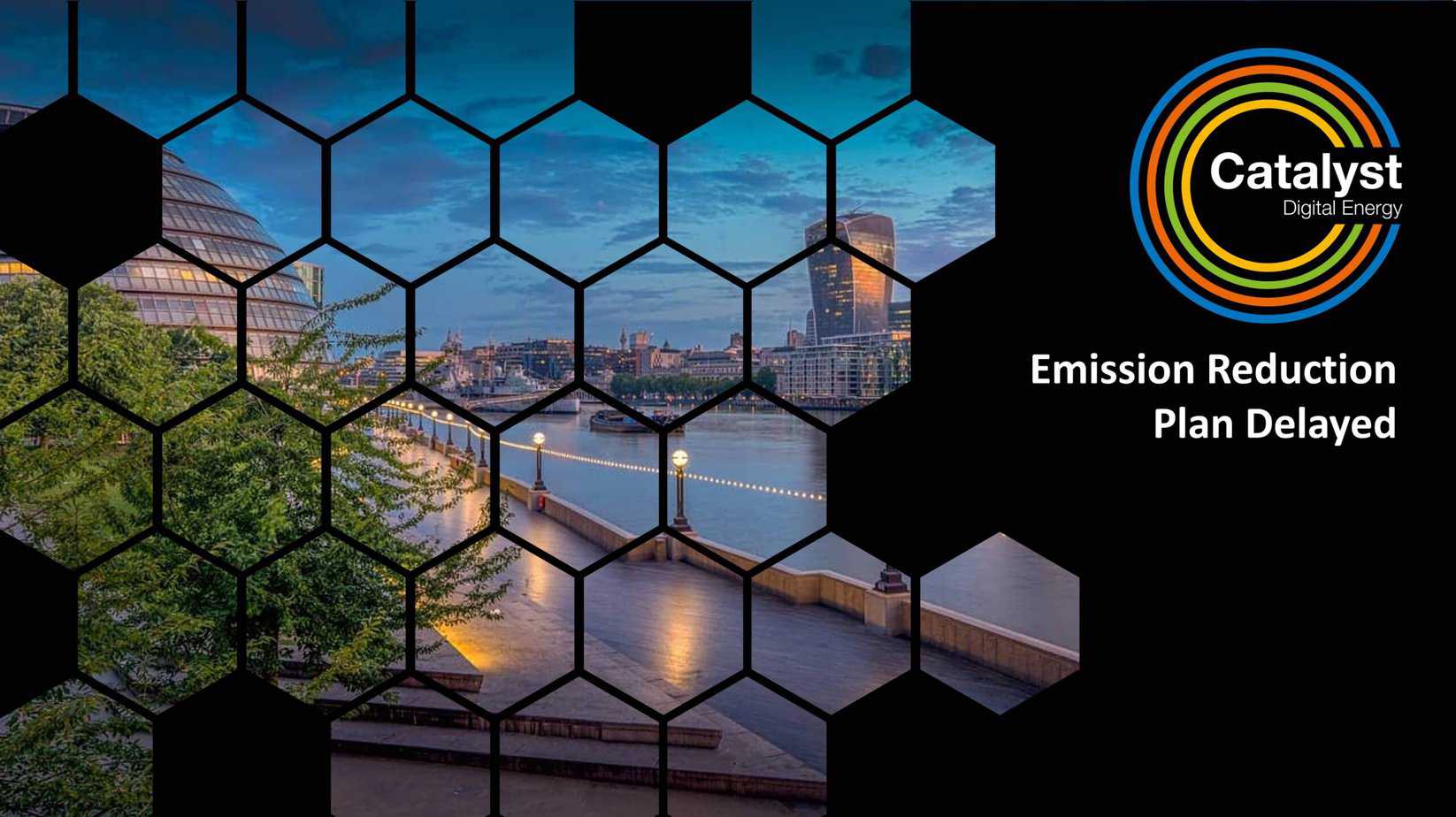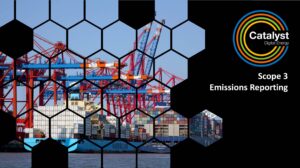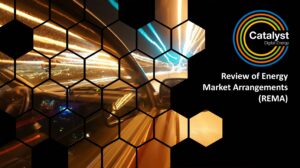Emission Reduction Plan DelayedEnergy crisis could be detrimental to reducing UK business’ emissions.

How to help businesses reach net zero
Schneider Electric recently published its Missing the target report, in which it outlined that 82% of UK business leaders believe the energy crisis will impact their organisation’s emission reduction plan.
The report also found that of the 1,504 organisations surveyed, 49% are delaying planned investment into sustainability and net zero plans, and 34% of organisations now say they have more immediate business challenges to meet, such as economic pressures, supply chain delays and skill shortages instead of building and emission reduction plan.
According to the report, organisations struggled to mitigate the impact of the energy crisis because of higher business priorities (55%), insufficient government support (52%), and being unable to obtain suitable products and solutions (39%), and advice (38%).
Schneider Electric stated that the latter of these findings illustrate the division between those who understood how technology could benefit their business, and others who do not know where to start.
Thus, it recommended organisations looking to develop an emission reduction plan bring in experts to assess the needs of their business so that knowledge and expertise can be promptly and effectively given.
Despite the report finding 88% of the surveyed organisations have a carbon emissions reduction or net zero strategy in place, a disparity between public and private sector organisations was uncovered. Public sectors were more likely to have emission reduction targets in place (91%) than private sectors (86%) and were less likely to have delayed planned investments to reduce carbon emissions as a result of the energy crisis (45%) than their private sector counterparts (52%).
Yet, the report found that public sector organisations are less likely to have invested in technology to gain insights into their energy use (49% in the public sector vs 54% in the private sector).
The report noted that delaying decarbonisation goals may present organisations with new business risks associated with fluctuating energy prices and extreme climate events, whereas businesses that continue to address their carbon
reductions will see tangible benefits in the form of lower costs and greater efficiency, while making progress against their sustainability goals.
It also highlighted that maintaining emissions targets does not have to be difficult, noting that simple and practical steps can be taken by organisations to protect themselves against future energy crises and reduce costs as they progress to net zero.
About Catalyst
Catalyst Digital Energy is an award-winning energy consultancy with a focus on digital energy services, total energy contract lifecycle management and energy management services. It is revolutionising how businesses manage energy with its unique Energy Spend Management Platform, which is powered by Robotic Process Automation (RPA) EaaSi®.
Catalyst is digitising all aspects of energy, including billing, data, consumption, spend, payments, procurement and emissions reporting. When combined with its fully funded renewable energy solutions, Catalyst offers a unique and powerful approach to managing energy.




